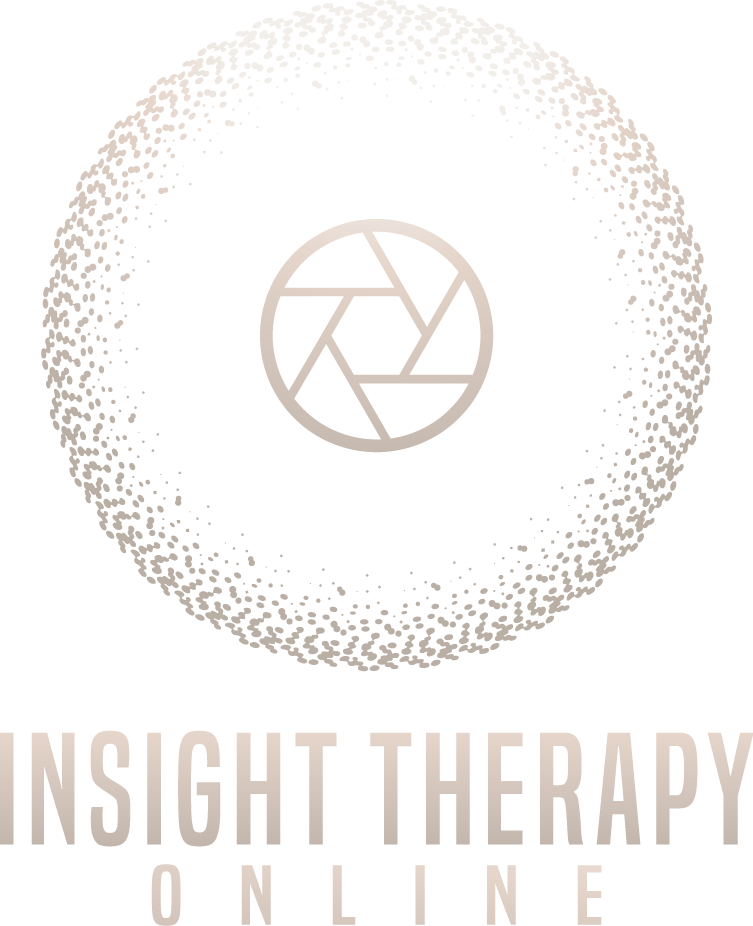
Navigating Social Media for Adutls and Kids
The Mental Health Implications of Social Media for Adults and Teens
In today’s digital world, social media is an integral part of daily life for both adults and teens. Some ways we used social media equates to how we used to use the telephone “back in the day,” while some of the newer aspects of social media, including a focus on visuals and “likes” is totally new and different. Although social media offers connectivity, entertainment, and information, its impact on mental health is a valid concern. Excessive or unregulated use of social media both by adults and kids can contribute to anxiety, depression, and decreased self-esteem.
The Effects of Social Media on Mental Health
For teens, social media can be a double-edged sword. It allows them to connect with peers and express themselves creatively, but it also exposes them to cyberbullying, unrealistic body standards, and the pressure to seek validation through likes and comments. The fear of missing out (FOMO) can lead to compulsive scrolling and an unhealthy dependence on social media for self-worth.
Adults are not immune to these challenges. Social media can create a false sense of comparison, making individuals feel inadequate in their personal and professional lives. The 24/7 availability of content can also lead to stress, sleep disturbances, and reduced productivity.
Finding Balance in Social Media Use
To foster a healthier relationship with social media, consider these strategies:
Set Time Limits: Use built-in app features or third-party tools to track and limit daily usage.
Curate Your Feed: Follow accounts that inspire and uplift rather than contribute to stress or negativity.
Take Digital Detoxes: Periodically disconnecting from social media can help reset your perspective and reduce anxiety.
Engage in Offline or Low-tech Activities: Prioritize face-to-face interactions, hobbies, and exercise to maintain a well-rounded lifestyle. Use slow-tech like text message to connect with friends and family vs. apps that focus on visuals.
Be Mindful of Emotional Responses: Pay attention to how social media affects your mood and take breaks when necessary.
Social media is a powerful tool, but maintaining a balanced approach is key to protecting mental well-being. By being intentional with its use, both adults and teens can reap its benefits while minimizing its risks.




